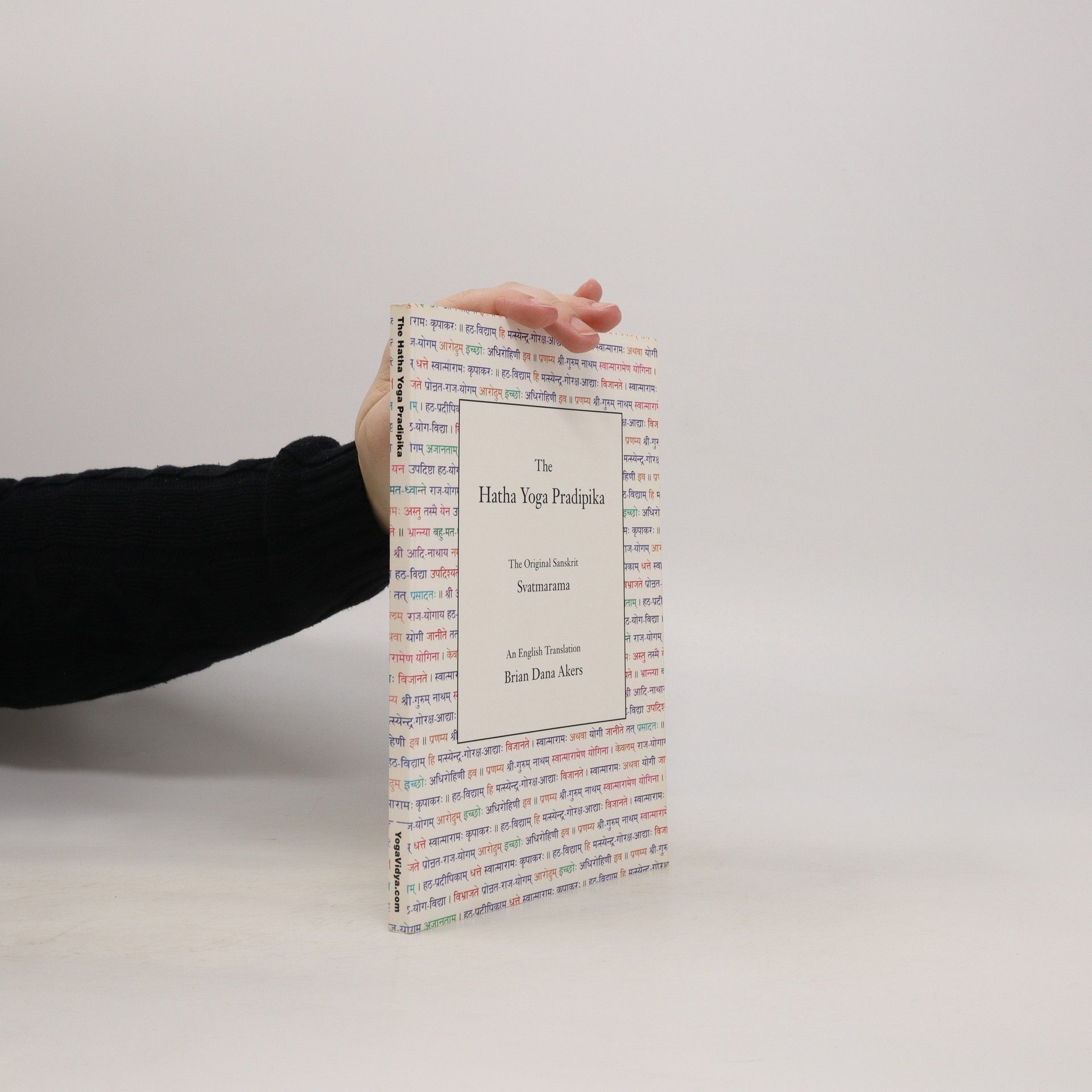The Yoga Manifesto
- 60 páginas
- 3 horas de lectura
Yoga’s glorious past, astonishing present—and breathtaking future. The Yoga Manifesto answers two questions: Why Yoga? Why now? It summarizes the very long and remarkable history of Yoga from its Indian origins to its global present, its entanglement with money, where it fits in the constellation of religions, its dialectic with science, its place in today’s society, and the bright future of Yoga.


